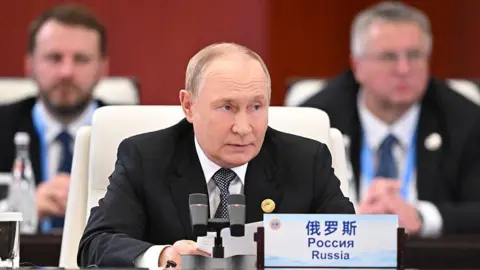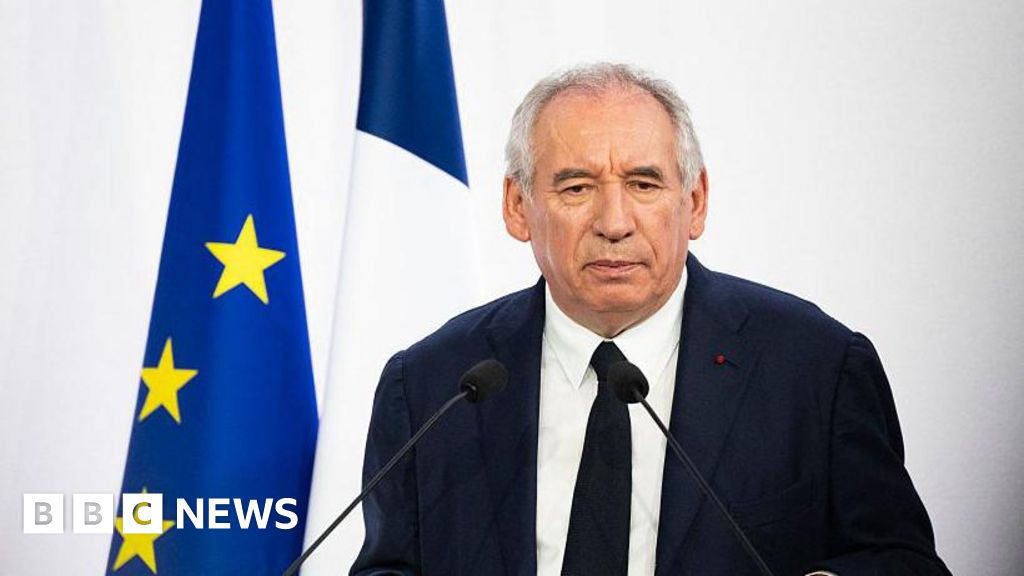France's Prime Minister François Bayrou has unveiled a proposal to eliminate two public holidays as part of an effort to manage the nation's rising debt. In his 2026 budget plan, he suggests cutting Easter Monday and the holiday on 8 May, which commemorates the Allied victory in World War II. Bayrou's intention is to streamline public spending, intending to bring the budget deficit down from 5.8% last year to below 4.6% in the next year, and under 3% by 2029.
Standing before a backdrop reading "The moment of truth," Bayrou presented an array of measures, including freezing public spending and easing tax breaks for the wealthy, aiming to find over €40 billion in savings. His comment that Easter Monday holds "no religious significance" and his framing of the holiday situation as akin to a "gruyère" — full of holes — caused immediate backlash. Critics from both the far-right National Rally party and the Green party condemned the proposal, suggesting it undermines French history and workers' rights.
Bayrou, who assumed office in December amidst a tumultuous political landscape, faces the daunting task of navigating a deeply divided parliament. Opposition parties, including the radical left France Unbowed (LFI) led by Jean-Luc Mélenchon, have threatened to oppose his budget, potentially risking a no-confidence vote. The political stakes are high, especially given President Emmanuel Macron's low approval ratings and persistent calls for his resignation before 2027.
While the Prime Minister insists on the need for structural financial reform, the execution of his bold strategy will require cooperation from a fragmented legislative body. If unsuccessful, France may find itself at a political impasse, requiring a re-evaluation of leadership and governance strategies moving forward.




















